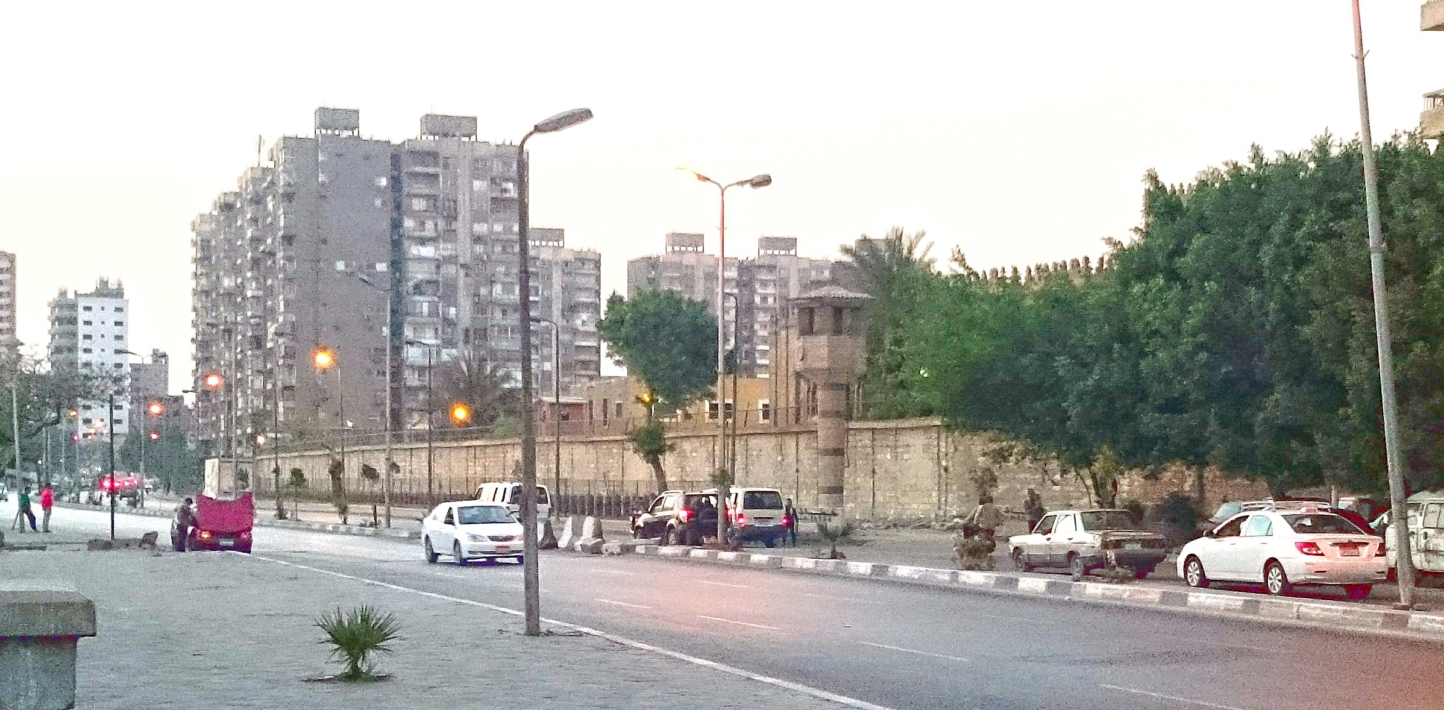Warring parties in the Democratic Republic of Congo (DRC) must take measures to ensure civilians are protected, Amnesty International urged as fighting between the army and armed groups intensified in the country’s eastern province of North Kivu.
Violent clashes which flared up over the weekend between the Congolese army, the Armed Forces of the Democratic Republic of Congo (FARDC), and FARDC deserters reportedly loyal to General Bosco Ntaganda have put the civilian population of North Kivu region at risk, prompting thousands to flee.
At least three women were killed amid fighting between FARDC and FARDC deserters on Monday in the town of Ngungu in Masisi territory but the number of civilian casualties may well be higher, Amnesty International has learnt.
“The escalating violence in the DRC is deeply alarming and all parties to the conflict must ensure that civilians are not caught in the crossfire,” said Paule Rigaud, Amnesty International’s Deputy Programme Director for Africa.
“All sides should abide by international humanitarian law, in particular the prohibitions of indiscriminate attacks and the recruitment of child soldiers.”
The clashes come amid reports the FARDC deserters have been attempting to recruit child soldiers.
At least four children and seven young adults from the towns of Ngungu and Kitchanga have sought protection with the UN peacekeeping force MONUSCO, claiming they were threatened by soldiers who wanted to recruit them.
The soldiers were allegedly former members of the National Congress for the Defence of the People (CNDP), a key armed group which used to operate in the area before being integrated into the FARDC in 2009.
FARDC deserters have reportedly taken control of several strategic areas in Masisi territory, including around the town of Sake 25 km north east of Goma, the provincial capital of North Kivu.
Early on Sunday they attacked a FARDC unit in the town of Mweso. Six ex-CNDP soldiers were reportedly killed while a dozen government troops were injured.
On Saturday, the armed group Mayi Mayi Sheka also reportedly took control of parts of North Kivu’s Walikale territory including the villages of Luvungi, Mpofi, Bunyampuli and Kibua.
The assault followed rumours of an alliance between the Mayi Mayi Sheka leader Ntabo Ntaberi, and Bosco Ntaganda, former commander of the CNDP integrated into the FARDC in 2009.
Several high ranking officials and hundreds of soldiers from the FARDC are believed to have joined Ntaganda’s troops.
Several thousands of civilians fled with some crossing the border into Rwanda while others took refuge in the towns of Sake and Goma.
“All sides must make the protection of civilians an utmost priority,” said Rigaud. “The Congolese army has a duty to protect the civilian population in areas controlled by armed groups, while the UN’s operation MONUSCO must increase its forces in Masisi and Walikale territories.”
Bosco Ntaganda has served as a general in the national army since part of the CNDP was integrated into the DRC armed forces.
He is wanted by the International Criminal Court (ICC) for recruiting and enlisting children under the age of 15 and using them to actively participate in hostilities in 2002-2003 in Ituri district, northeastern Congo.
The alleged recruitments reportedly took place when was a commander of the Forces Patriotiques pour la Libération du Congo (FPLC) armed group.
Defections from the Congolese army occurred in April following growing rumours around Ntaganda’s arrest.


